In today's digital age, where we rely on countless online accounts and services, keeping our passwords secure is of paramount importance. One of the best ways to manage your passwords is by using a password book—a physical journal where you can write down and store your login credentials. However, with numerous options available, choosing the right password book can be a daunting task. This article aims to guide you through the process, providing valuable insights and tips to help you make an informed decision.
Choosing the Right Password Book: The Key to Security
With the ever-increasing number of online accounts we manage, it's essential to have a reliable and secure method for storing and accessing our passwords. Here are some key factors to consider when choosing the right password book:
- Size Matters
When selecting a password book, the size plays a crucial role in determining its usability. You want a book that is compact enough to carry around yet offers ample space to accommodate your growing list of passwords. Opt for a medium-sized book that strikes the right balance between portability and capacity.
- Durability for Longevity
Your password book will be a long-term companion in your journey towards secure online practices. Ensure that it is made of durable materials that can withstand daily wear and tear. A sturdy cover and quality binding will ensure the book's longevity, allowing you to use it for years to come.
- Organization is Key
Efficient organization is vital when it comes to managing multiple passwords. Look for a password book that offers clear sections or tabs to categorize your accounts. Alphabetized pages or an index can also simplify the process of locating specific login credentials quickly.
- Enhanced Security Features
Considering the sensitive nature of the information stored in a password book, it's essential to prioritize security features. Look for books that offer built-in mechanisms to protect your passwords, such as a lock or a hidden compartment. Some password books even utilize encryption techniques to safeguard your data.
- User-Friendly Design
Choose a password book with a user-friendly design that facilitates easy and quick access to your login credentials. The book should have sufficient writing space, legible lines, and a layout that is intuitive to navigate. A well-organized and user-friendly design will save you time and frustration when retrieving passwords.
- Additional Features and Customization
While the primary function of a password book is to store passwords securely, some models offer additional features. These could include space for important notes or account recovery information, reference pages for frequent passwords, or even customization options to make the book truly yours. Consider which extras would be most useful to you.
FAQs About Choosing the Right Password Book
FAQ 1: Should I use a password book instead of a digital password manager?
Answer: It depends on personal preference and your specific needs. Password books offer offline storage and can be a great option for individuals who prefer a physical backup. Digital password managers, on the other hand, offer convenience and advanced security features like two-factor authentication. Assess your requirements to make an informed decision.
FAQ 2: Can password books be hacked?
Answer: Password books are physical objects and not susceptible to online hacking. However, you should keep your password book in a secure location to prevent unauthorized access. Treat it with the same level of caution as you would any valuable possession.
FAQ 3: How often should I update my password book?
Answer: It is advisable to update your password book whenever you create new accounts or change existing passwords. Regularly reviewing and updating your password book ensures that it remains accurate and up to date. Remember to securely dispose of any old or outdated pages to maintain the security of your information.
FAQ 4: Can I use a password book for all my accounts?
Answer: Yes, a password book can be used to store passwords for all your online accounts. However, it's important to exercise caution and protect your password book from unauthorized access. Consider using additional security measures, such as keeping it locked away or using a hidden compartment within the book.
FAQ 5: What should I do if I lose my password book?
Answer: Losing your password book can be a stressful situation. To minimize the impact, it's crucial to have backup measures in place. Consider keeping a digital copy of your passwords in a secure, encrypted file or using a trusted password manager as a secondary backup. Additionally, change your passwords for all your accounts as soon as possible to ensure security.
FAQ 6: Are there any alternatives to password books?
Answer: Yes, if you prefer not to use a password book, there are alternatives available. One popular option is a digital password manager that securely stores your passwords and offers additional features like autofill and password generation. Remember to choose a reputable and trusted password manager to ensure the security of your data.
Conclusion
Choosing the right password book is a crucial step in maintaining the security of your online life. By considering factors such as size, durability, organization, security features, user-friendly design, and additional customization options, you can find a password book that meets your needs. Remember to regularly update your password book, keep it secure, and consider backup options in case of loss. With the right password book, you can stay organized, protect your sensitive information, and navigate the digital world with confidence.








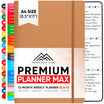
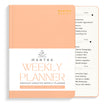
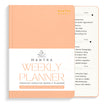



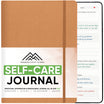
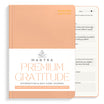
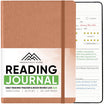
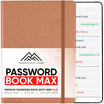
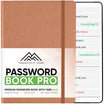
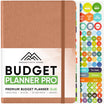
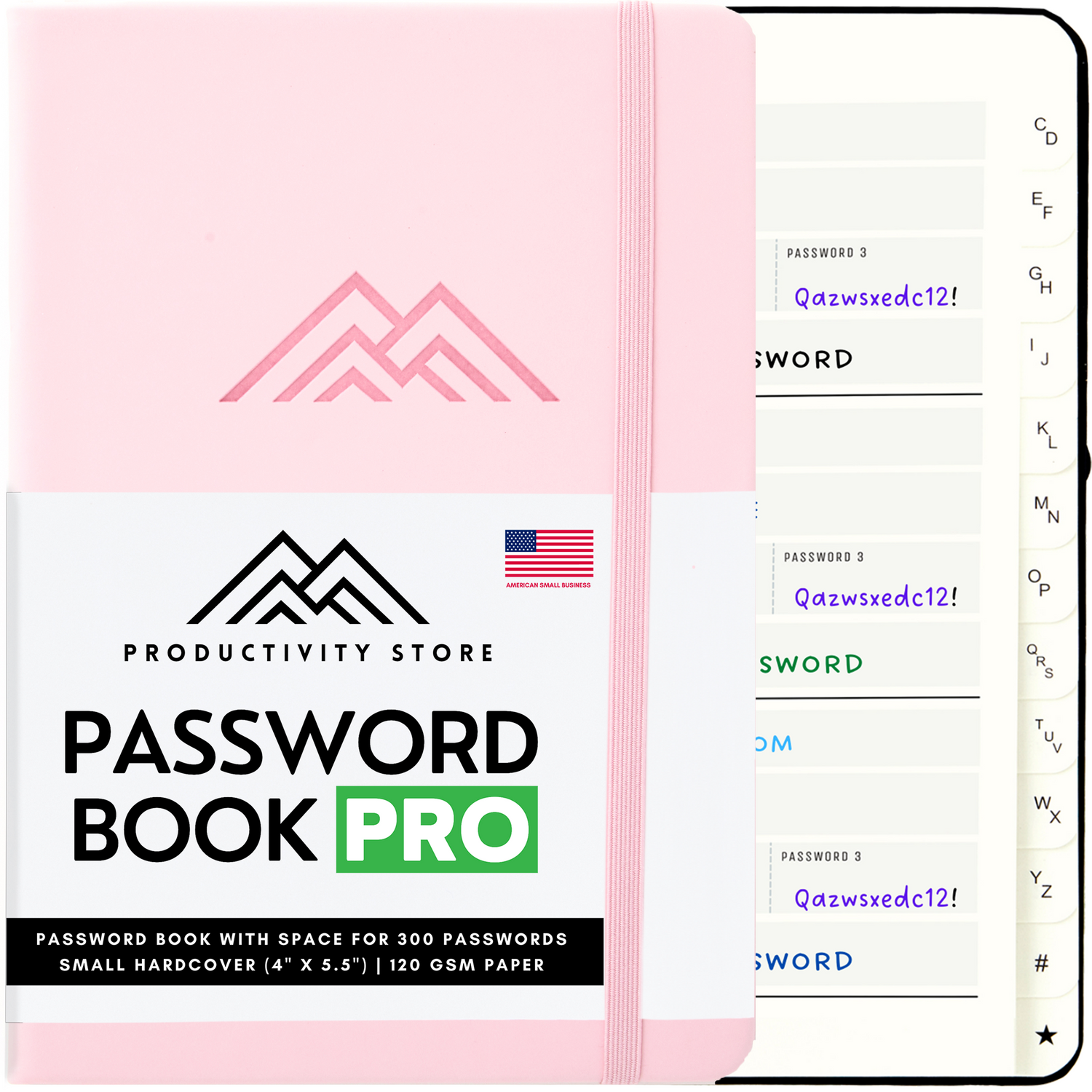
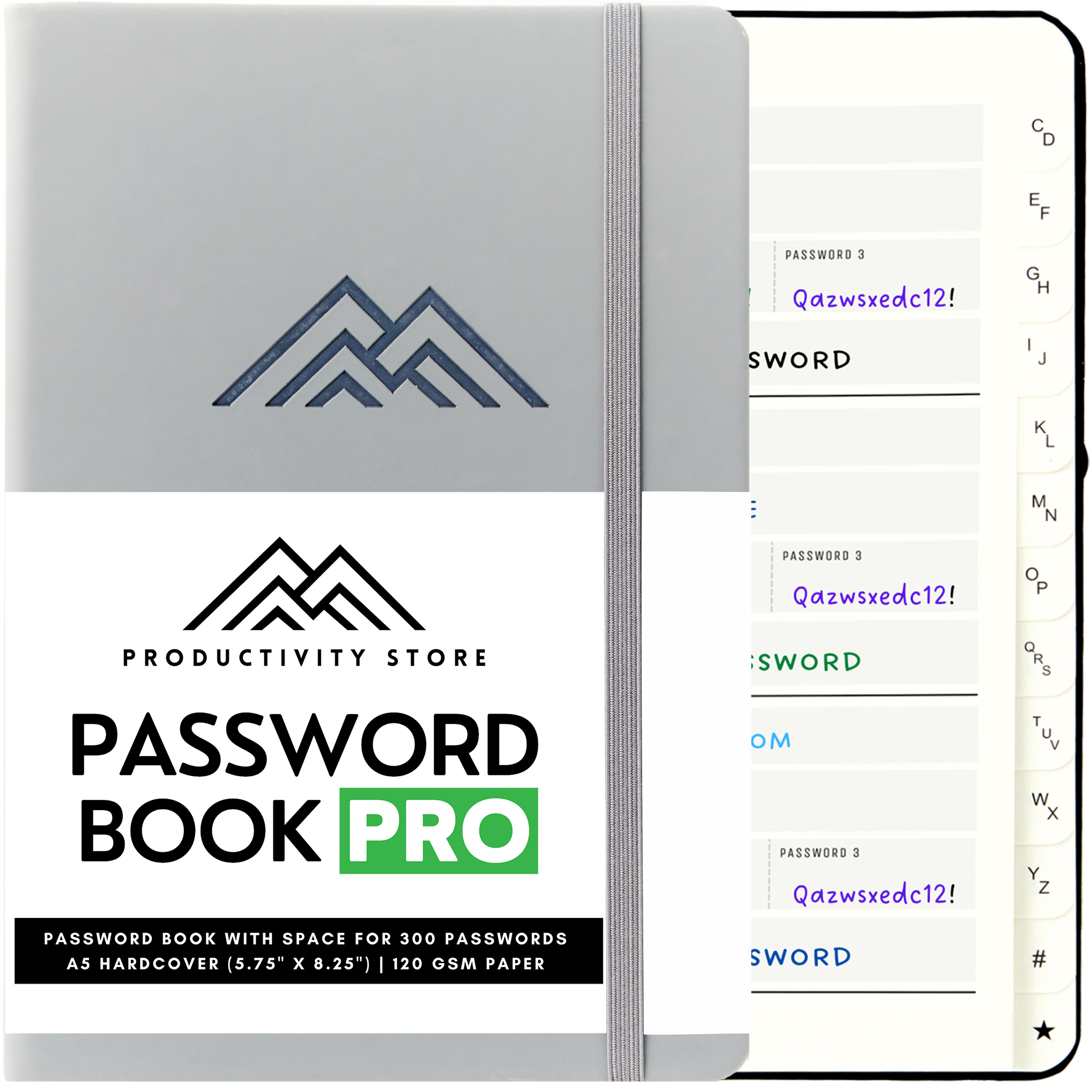
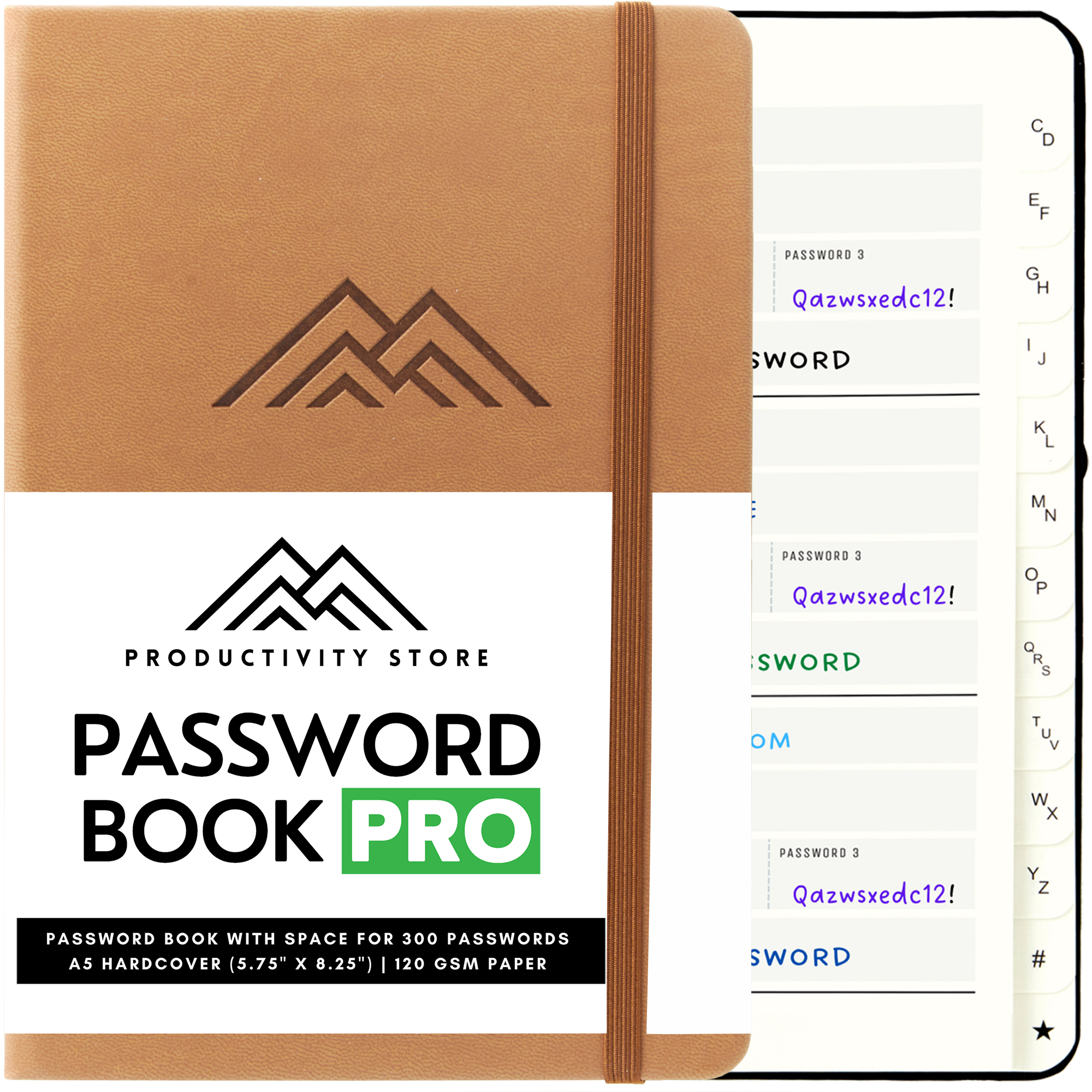
Leave a comment
All comments are moderated before being published.
This site is protected by hCaptcha and the hCaptcha Privacy Policy and Terms of Service apply.